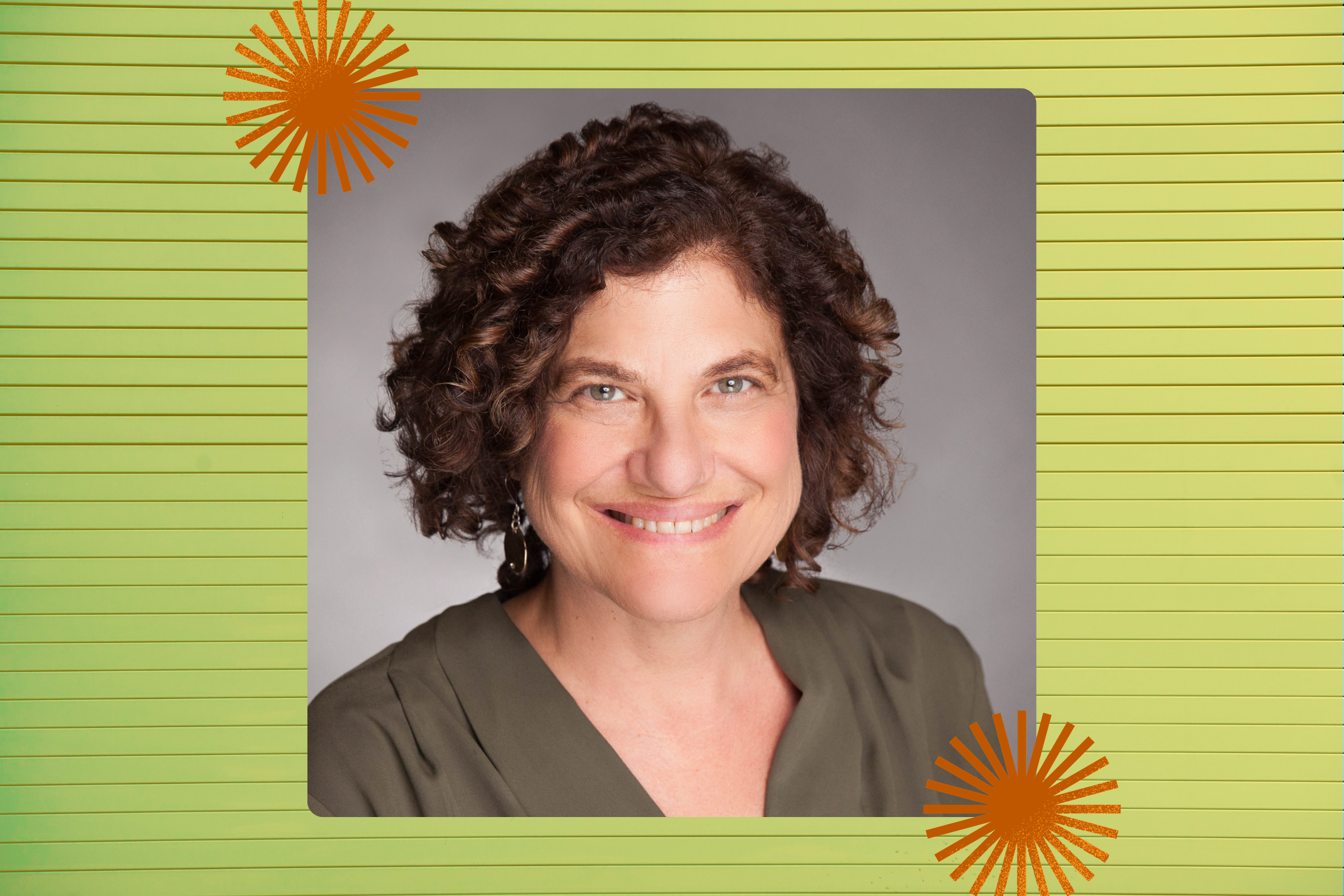Deborah Jacobvitz Named an Open Educational Resources Affordable Education Champion
Affordable Education Champions are instructors who assign free or low-cost resources for their courses.

In celebration of Open Education Week 2023, the Senate of College Councils, the Natural Sciences Council, and UT Libraries partnered to solicit nominations from students across campus to recognize instructors who increased access and equity by selecting free or low cost course materials for their classes. We'll be recognizing a few of those nominees this week as Affordable Education Champions! Affordable Education Champions are instructors who assign free or low cost resources — like textbooks, websites, films, and more — for their courses. Sometimes they author their own materials, and sometimes they're able to reuse free or low-cost work created by others. We celebrate their commitment to fostering access to high-quality education at the lowest possible cost barrier for their students.
Today, we recognize and thank Deborah Jacobvitz, who was nominated as an Affordable Education Champion for HDF 342, Development of Psychopathology from Infancy through Adolescence. Deborah Jacobvitz is the Phyllis L. Richards Endowed Professor in Child Development, Department of Human Development and Family Sciences.
"[She] specializes in the field of parenting and social and emotional development in children. Her research focuses on the links between family relationships, emotions, health, and development, with a particular focus on the transmission of caregiving across generations, attachment security across the life course and the effects of marital conflict on children's well-being. Her studies address how early caregiving experiences shape how we remember, organize and perceive information and the relationships we form with others. In her work, Dr. Jacobvitz is interested in developing interventions to help families and children in need of support. Her research has been funded by the National Science Foundation, St. David's Foundation, the Hudson Foundation, the National Cattlemen's Beef Association, the Egg Nutrition Center and the Hogg Foundation for Mental Health."
There is a direct link between Dr. Jacobvitz's emphasis on free and low-cost materials and her genuine care for those whom she teaches. In their nomination, a student quoted from the course syllabus, "My top priority in this course is YOU and YOUR learning experience" and went on to say that Dr. Jacobvitz was "one of the most caring and selfless professors I've met during my time at UT." Furthermore, they said that since they didn't worry as much about buying expensive materials for the course, they experienced less stress and were able to focus more fully on the class itself. In other words, having low-cost materials as an option led to the student feeling more engaged in the content and more connected to their professor. When asked about what led her to choose affordable materials for her course, Dr. Jacobvitz wrote, "I noticed there were students in my class that skipped buying textbooks even though it would hurt their grade because they could not afford them. . . .These students asked if they could purchase older used editions which had out-of-date material."
After she adopted the new approach, she noticed an increase in students being prepared for class, participating in discussions, and performing better on class assignments. While she acknowledges that finding and providing free and low-cost materials may take a little more time than requiring a traditional (often expensive) textbook, Jacobvitz feels that it was worth it. She also suggests that faculty who teach similar courses at different universities work together to suggest readings and other resources in the public domain. This has the advantage of bringing together an academic community that goes beyond the bounds of UT. Besides the clear benefit to the student experience, Dr. Jacobvitz pointed out that providing these types of materials aligned with her belief in equal access, as students were not prohibited from accessing up-to-date materials by a lack of funding.
If you are a faculty member who also believes in open access and would like more information about finding OER and other free or low cost course materials, we encourage you to contact Heather Walter, Tocker Open Education Librarian.



